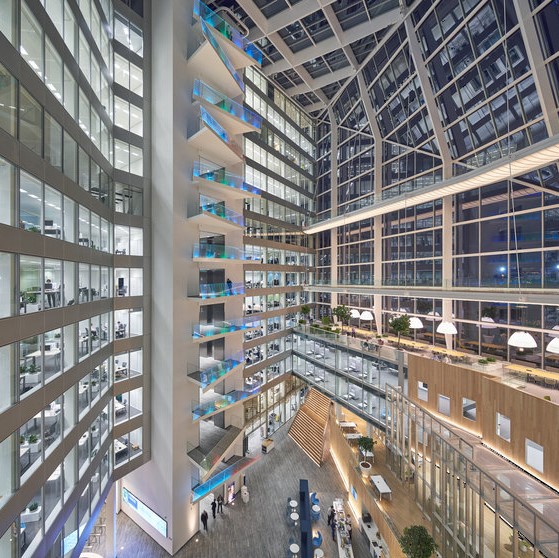June 20, 2019
EDGE enters UK market with project on South Bank
 EDGE Technologies, the specialist developer best known for its groundbreaking The Edge building in Amsterdam has announced its entrance into the UK commercial property market with the £50m acquisition of 60 St Thomas Street on London’s South Bank. The acquisition is subject to planning permission, which EDGE will pursue in partnership with the seller. The partners will consult closely with Southwark Council and the local community. After completion of the development – four to five years from now – 60 St Thomas Street will be an optimised office environment and a new workspace fit for the future. (more…)
EDGE Technologies, the specialist developer best known for its groundbreaking The Edge building in Amsterdam has announced its entrance into the UK commercial property market with the £50m acquisition of 60 St Thomas Street on London’s South Bank. The acquisition is subject to planning permission, which EDGE will pursue in partnership with the seller. The partners will consult closely with Southwark Council and the local community. After completion of the development – four to five years from now – 60 St Thomas Street will be an optimised office environment and a new workspace fit for the future. (more…)














 An emerging super-group of employees and consumers in the UK is adding intense pressure to already challenged C-suite leaders who are navigating tough economic, technological and geo-political environments – further threatening company growth, a new Accenture (NYSE: ACN) study finds. With nearly three-quarters (73 percent) of these powerful stakeholders believing they have the potential to destroy company value in the long term, the C-suite understands the need to respond.
An emerging super-group of employees and consumers in the UK is adding intense pressure to already challenged C-suite leaders who are navigating tough economic, technological and geo-political environments – further threatening company growth, a new Accenture (NYSE: ACN) study finds. With nearly three-quarters (73 percent) of these powerful stakeholders believing they have the potential to destroy company value in the long term, the C-suite understands the need to respond. 




 New research from
New research from 


 Today, the
Today, the 










June 7, 2019
On target for a toxic workplace culture
by Nick Pye • Comment, Workplace
(more…)